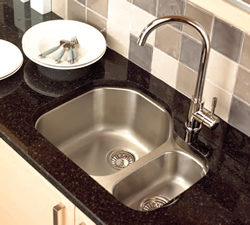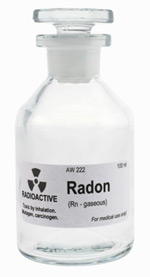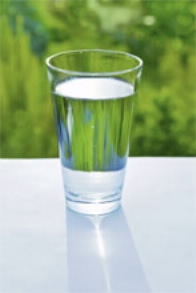
Water Testing NY: Buying a House with a Well in New York? Don’t Skip This Critical Step
If you’re buying a house with a well in New York (NY)—whether it’s listed by a Realtor or a “For Sale By Owner” (FSBO)—you’ll want to pay special attention to the water supply. Unlike homes connected to municipal systems, properties that use private wells come with unique responsibilities and potential risks. That’s why professional water testing in NY is one of the most important steps you can take during the home-buying process.
And here’s the key: make sure that testing is done by an unbiased third party who represents YOU—not the seller, not the real estate agent, and not the home inspector. This one simple move can save you thousands of dollars and prevent a lot of future headaches.
Why Water Testing Matters When Buying a Home with Well Water in NY
Too often, buyers call after they’ve closed on their New York home—only to discover problems with the well or the water quality that were hidden during the purchase process. Many of these issues could have been avoided with proper water testing before buying a house with a well.
While most mortgage lenders in NY require basic water testing as a loan condition, their requirements are usually minimal and may not catch all problems. Comprehensive testing goes far beyond the basics and can uncover:
-
Coliform bacteria and E. coli
-
Nitrates and nitrites
-
Lead and heavy metals
-
Arsenic and radon
-
pH imbalances, hardness, and more
Even though most well water issues in New York can be fixed, solutions can be very costly, especially if you’re blindsided right after moving in.
Don’t Rely on Good Faith—Rely on Facts
While it’s nice to approach real estate transactions with trust, this is not the time to make assumptions. A homeowner with a healthy, functioning well system will gladly agree to professional water testing—it’s a sign of transparency, not a red flag.
Remember: buying a home with well water is not like buying a home with city water. You are entirely responsible for your water quality and the maintenance of the well system from the moment you take ownership.
What to Expect During the Water Testing Process in NY
Once the water is tested, you’ll receive a detailed lab report that outlines levels of specific compounds in your water. Each result is measured against EPA safety standards, indicating whether your water “passes” or needs treatment.
It’s also important to note: depending on the type of water test, there may be specific instructions for how and when to collect samples. For example:
-
Some tests require collecting water first thing in the morning after a period of stagnation.
-
Others require flushing the system for a few minutes before drawing the sample.
A qualified water testing professional in New York will know exactly how to handle each test to ensure valid results.
The Benefits—and Responsibilities—of Owning a Home With Well Water
Buying a NY house with a well has its perks: no municipal water bills, no chemical additives like fluoride or chlorine, and a more sustainable, natural water source. It also means you’re protected from city water shutdowns and contamination events.
However, it also means that any problems are yours alone to find and fix—and you can’t rely on the city to alert you when something’s wrong.
Start Off Right: Get a Water Test Before You Buy
When you’re buying a house with a well in New York, don’t make the mistake of skipping comprehensive water testing. Testing the well water and inspecting the water system infrastructure should be part of your due diligence—just like a home inspection or title check.
By ensuring the water is safe and the well is functioning properly, you’re protecting your investment, your health, and your peace of mind.


